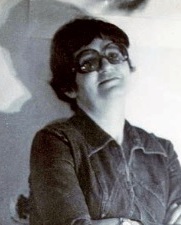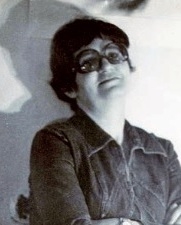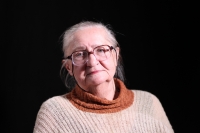I got more good than bad, and I am trying to forget the bad

Download image
Brigita Hertlová was born on 23 December 1938 in Prague to the family of the notable historian Jan Hertl. The family experienced the Second World War partially in Prague, but also in the vicinity of Roudnice nad Labem. In February 1945 they witnessed the bombing of Prague. Following the war, Brigita started school, after graduating in 1957 she was accepted into DAMU (the Theatre Faculty of the Academy of Performing Arts in Prague) to study directing. There she met her husband, František Čech, who she married in 1960. Together they left to Veselí nad Moravou and began working at the Theater of Moravian Slovakia (Slovácké divadlo) in Uherské Hradiště. After the Soviet occupation in August 1968, she refused to sign a statement of agreement with the invasion and was forced to leave the theater. She worked in a kitchen and an assembly line as well. From 1979 she had the possibility to work as an archivist in a theater in Olomouc. The Velvet Revolution reached her there, too. She and her husband raised three children together.








